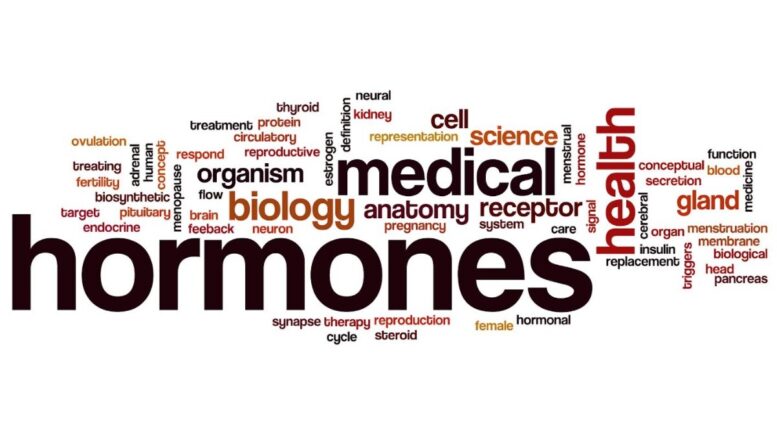Human growth hormone (HGH) therapy is a treatment that involves the use of synthetic HGH to increase its levels in the body. HGH is a hormone produced by the pituitary gland that plays a vital role in growth, metabolism, and overall health. It is responsible for the growth and development of the body during childhood and adolescence, and it helps to maintain tissues and organs throughout life. HGH levels naturally decline with age, and low levels of HGH can contribute to a number of health problems, including decreased muscle mass, decreased bone density, and decreased energy levels. HGH therapy is often used to treat adults with growth hormone deficiency, a condition in which the body does not produce enough HGH. It is also sometimes used off-label to treat a variety of other conditions, including obesity and certain types of aging.
HGH Uses and Abuses
HGH is commonly used medically to treat children and adults with growth hormone deficiency, a condition in which the body does not produce enough HGH. HGH therapy involves the use of synthetic HGH to increase levels of the hormone in the body.
HGH is also sometimes used off-label to treat a variety of other conditions, including obesity, muscle wasting associated with HIV/AIDS, and certain types of aging. However, the use of HGH for these indications is controversial, as the evidence supporting its effectiveness is limited.
HGH has been abused by some people, particularly athletes and bodybuilders, who believe that it can enhance athletic performance and build muscle mass. However, there is little scientific evidence to support these claims, and HGH is banned by most sports organizations. The abuse of HGH can also have serious health consequences, including an increased risk of heart attack, stroke, and cancer.
It is important to note that HGH therapy should only be administered under the supervision of a healthcare professional and should not be used for non-medical purposes.
Human growth hormone (HGH) therapy can cause a variety of side effects, some of which are mild and temporary, while others can be more serious and long-lasting.
Common side effects of HGH therapy include:
- Flu-like symptoms (fatigue, muscle aches, joint pain)
- Swelling in the arms and legs
- Numbness or tingling in the skin
- Carpal tunnel syndrome
- High cholesterol levels
Less common, but potentially serious side effects of HGH therapy include:
- Increased risk of diabetes
- Increased risk of cancer
- Enlargement of the organs (especially the heart)
- Gallbladder disease
- Increased risk of developing a blood clot
It is important to talk to a healthcare professional about the potential risks and benefits of HGH therapy and to report any side effects that occur during treatment.
HGH Therapy Benefits
Some potential benefits of HGH therapy for people with growth hormone deficiency include:
- Increased muscle mass and strength
- Improved bone density
- Enhanced exercise capacity
- Improved cardiovascular function
- Improved skin texture and thickness
- Increased energy and stamina
- Improved sleep quality
- Improved mood and well-being
It is important to note that the benefits of HGH therapy may vary from person to person and that the treatment is not always effective for everyone. It is also important to note that HGH therapy should only be administered under the supervision of a healthcare professional and should not be used for non-medical purposes.
